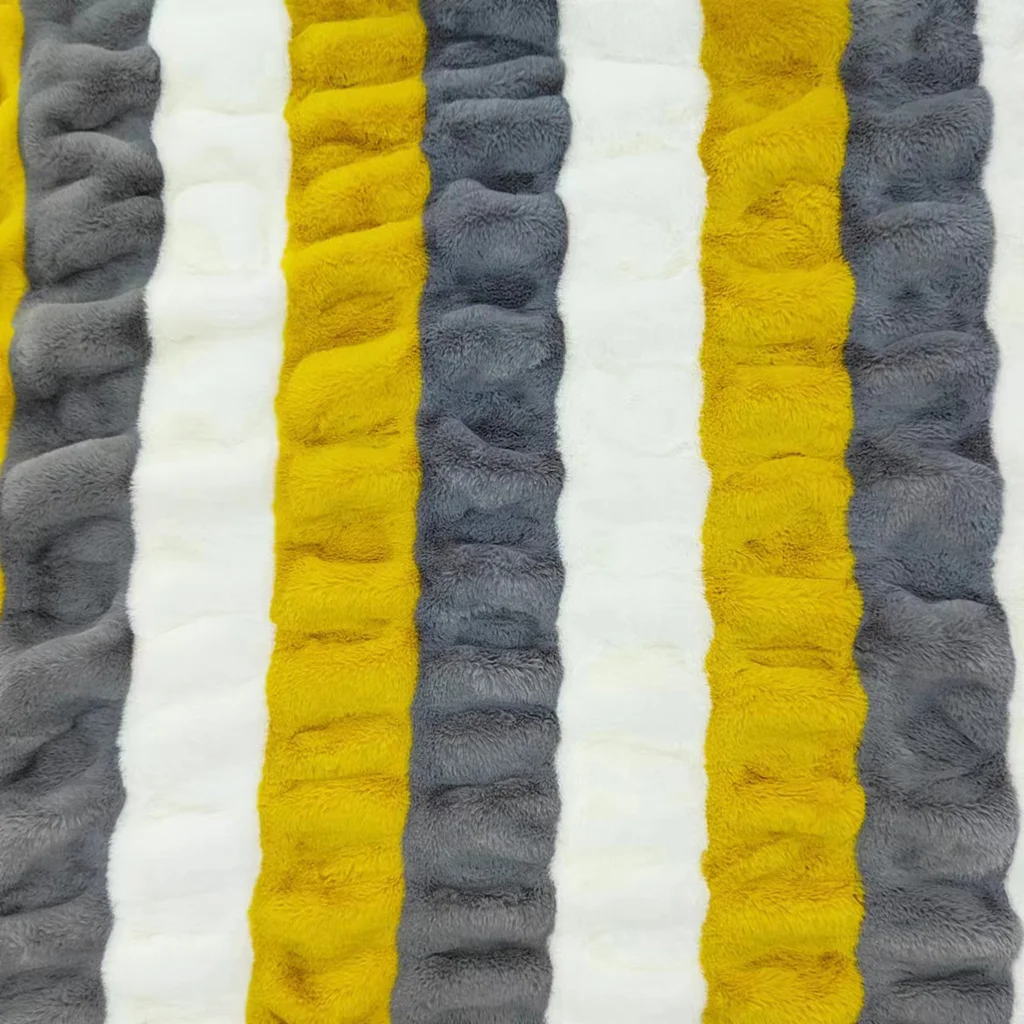When it comes to choosing the perfect mattress, the decision can be overwhelming. With a plethora of options available, it's essential to understand the key differences between memory foam and orthopedic mattresses. In this comprehensive blog post, we will delve into the intricacies of both mattress types, exploring their unique features, benefits, and suitability for various sleep needs. By the end, you'll be equipped with the knowledge to make an informed decision and discover the ultimate sleep solution.
- Understanding Memory Foam Mattresses:
1.1 What is Memory Foam?
Memory foam is a viscoelastic material that responds to body heat and pressure, contouring to the sleeper's shape.
1.2 Benefits of Memory Foam Mattresses:
- Pressure Relief: Memory foam evenly distributes body weight, alleviating pressure points and reducing discomfort.
- Motion Isolation: The material absorbs motion, ensuring minimal disturbance from a restless partner.
- Spinal Alignment: Memory foam molds to the body's curves, promoting proper spinal alignment and reducing back pain.
- Allergy-Friendly: Hypoallergenic properties make memory foam resistant to dust mites and other allergens.
- Exploring Orthopedic Mattresses:
2.1 What is an Orthopedic Mattress?
Orthopedic mattresses are designed to provide optimal support and alignment for the spine, joints, and muscles.
2.2 Benefits of Orthopedic Mattresses:
- Enhanced Support: Orthopedic mattresses offer firmer support, ideal for individuals with back or joint pain.
- Posture Correction: These mattresses help maintain proper posture during sleep, reducing the risk of long-term musculoskeletal issues.
- Durability: Orthopedic mattresses are typically constructed with high-quality materials, ensuring longevity and prolonged comfort.
- Customization Options: Some orthopedic mattresses allow for personalized adjustments, catering to individual sleep preferences.
- Choosing the Right Mattress for Your Needs:
3.1 Factors to Consider:
- Sleep Position: Memory foam mattresses are suitable for all sleep positions, while orthopedic mattresses are often recommended for back and stomach sleepers.
- Body Type: Memory foam mattresses provide excellent contouring for all body types, while orthopedic mattresses offer firmer support for heavier individuals.
- Specific Conditions: Orthopedic mattresses may be more beneficial for individuals with chronic back pain, arthritis, or other orthopedic issues.
- Personal Preference: Ultimately, comfort is subjective, so it's crucial to test different mattresses and consider personal preferences.
- Conclusion:
In the battle between memory foam and orthopedic mattresses, there is no definitive winner. Both mattress types offer unique benefits, catering to different sleep needs. Memory foam excels in pressure relief and motion isolation, while orthopedic mattresses prioritize support and alignment. Ultimately, the choice depends on individual preferences, body type, and specific sleep requirements. By understanding the distinctions between these mattress types, you can make an informed decision and embark on a journey towards a restful and rejuvenating sleep experience.



More Stories
Real-World Protection: How a Security Brass Cylinder Stops Drills, Picks, and Forced Entry?
Strike-Resistant Rugby Training Nets: How Polyester Mesh and Reinforced Frames Improve Durability
Breast Milk and Formula: An In-Depth Dialogue on Life's Beginning